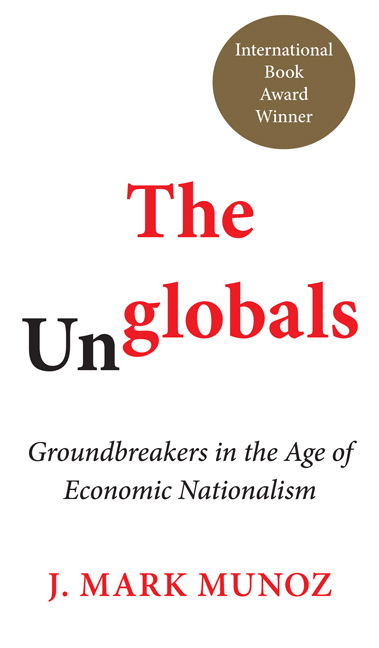1 - The World Is Not That Flat
Summary
The world is truly integrated. Countries, companies and individuals worldwide are all happy. Everyone is winning, right?
Unfortunately, as many of us already know, this is not the current reality. There are winners and losers in our globalized society. While some have reaped the rewards, billions of people have been left behind and continue to live in desperation and poverty. In fact, a World Bank report indicated that about 10 percent of the world population, or 767 million people, lived on less than $1.90 per day (World Bank, 2016).
Millions are leaving their countries to find better lives elsewhere. A United Nations High Commissioner for Refugees (2017) report indicated that there are about 22.5 million refugees, and that approximately 28,300 people each day are forced to leave their homes as a result of conflict and persecution.
In a 2017 Pew Global Report, it was noted that 72 percent of people in Venezuela, 68 percent in Mexico and 57 percent in Jordan felt that life was worse for them now than what it was 50 years ago (Poushter, 2017).
Disparities in trade exist among nations. For instance, about half of globally traded goods (e.g., office equipment) come from emerging countries, while in other sectors (e.g., pharmaceutical industries) developed nations continue to lead (Bertelsmann Stiftung, 2016).
Many companies have not really optimized global participation. In fact, in the United States, the majority of small and medium enterprises do not export, and less than 1 percent of about 30 million firms in the country sell abroad (Pinkus, Manyika and Ramaswany, 2017).
Executives worldwide are aware of the unevenness brought about by globalization. In a PWC (2017) survey of CEOs, 44 percent indicated that globalization has not helped seal the gap between rich and poor.
In the United States and the United Kingdom, news stories with the word “globalization” have taken a negative tone due to pressures against globalization in these countries (Ghemawat, 2017). Populist leanings have been evident with the emergence of the “America First” phenomenon and Britain's exit from the European Union, or “Brexit.”
Negative viewpoints are evident in other countries as well. Reports show that discontentment with globalization has been prevalent.
- Type
- Chapter
- Information
- The UnglobalsGroundbreakers in the Age of Economic Nationalism, pp. 1 - 30Publisher: Anthem PressPrint publication year: 2018



